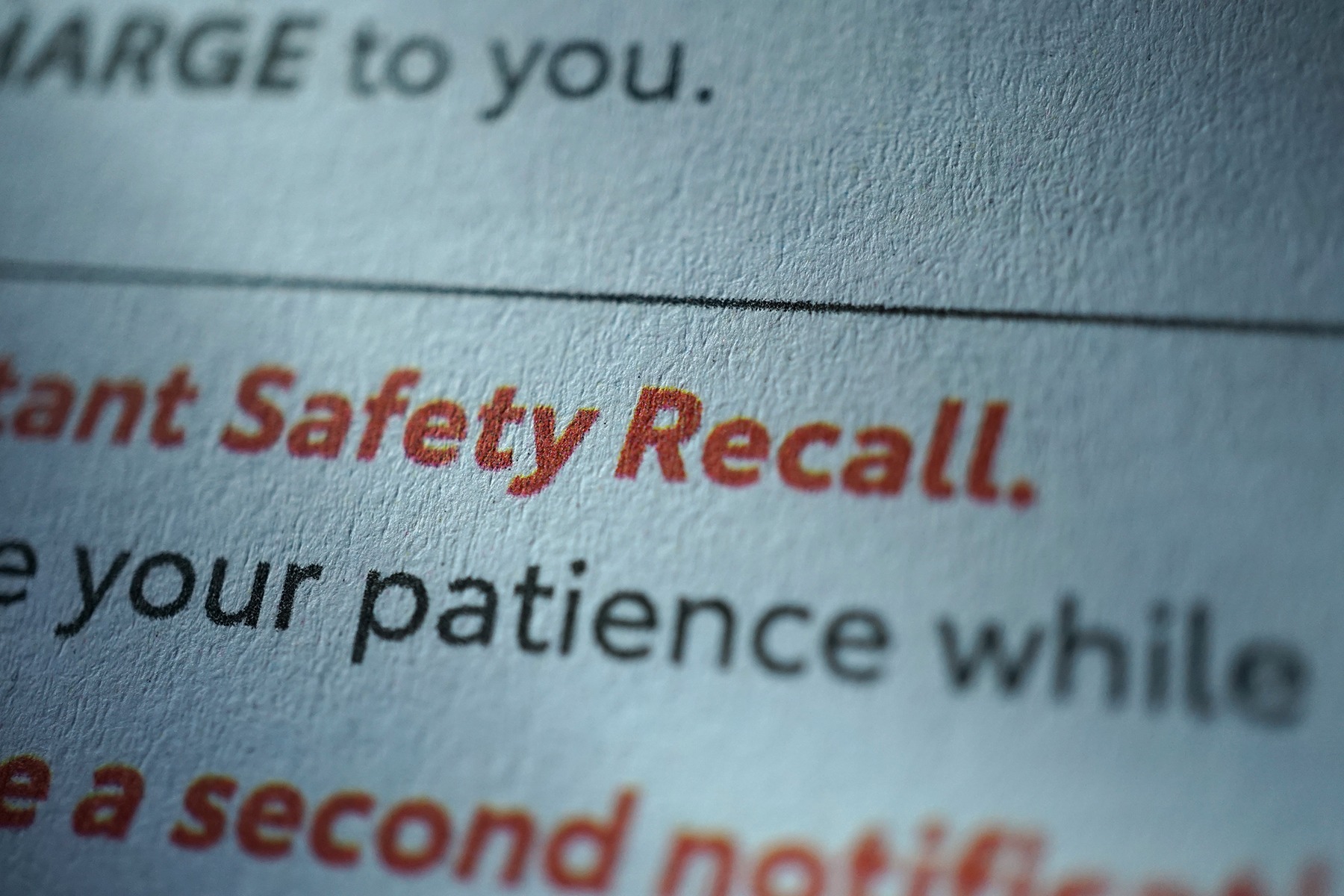With manufacturing, some industries have had more success with quality than others. That isn’t necessarily down to misfortune or negligence—some industries need to have better quality success than others.
The medical device industry—which manufactures devices keeping people alive and healthy—is assigned a higher level of quality control than others. Similarly, a company making cars that people drive at high speeds needs better quality control than a company making something like fidget spinners, ukuleles, or iPhone cases.
What happens when companies making more run-of-the-mill consumer goods adopt quality procedures from tightly regulated industries? Their margins improve, their profits go up, and they enjoy serving additional satisfied customers. Let’s understand why.
Why is it Important to Cross-Pollinate Quality Management Best Practices?
First, we already know quality has a definitive ROI. Research compiled by the American Society for Quality (ASQ) from The Center for Economic and Business Research shows that every extra $1 spent on quality management returns:
- Reduced costs: $16
- Increased profits: $3
- Improved revenue: $6
One problem coming up, however, is the question of where to spend that extra dollar. You, a quality management professional, may already apply every quality management technique you know. You might not be able to schedule more inspections or increase sample sizes without impeding productivity. So, where is that extra dollar supposed to go?
The good thing about cross-pollination is, if you’re out of ideas for how to improve quality in your organization, other industries may have the answer you’re seeking. By implementing their best practices, you may improve quality overall and fill in gaps you weren’t previously aware of.
Cross-Pollinating PPAP into Your Organization
There’s a wide range of industry-specific quality best practices out there. Still, we’re focusing on the automotive industry’s production part approval process (PPAP) because it’s where we see the most interest. Many outside industries want to incorporate PPAP because it grants the ability to enhance overall supplier quality, something that’s very much at the top of everyone’s mind.
PPAP helps manufacturers overcome several specific processes.
First, purchasers need a consistent and repeatable process for approving parts from suppliers. By assigning every part and supplier the same rubric, you ensure all components are held to the same quality standard.
Second, no manufacturing template remains the same for long. New parts may be needed every time someone tweaks a process or a blueprint. Therefore, purchasers need to be notified of these changes promptly, and they need a reliable process to receive approval.
Third, every part needs related information. This information should be submitted as part of the approval process and recorded in sufficient detail. That helps establish a quality benchmark—i.e., the product’s appearance and performance. That allows the manufacturer to understand whether quality levels are changing over time.
By integrating PPAP, manufacturers ensure every new part is approved in the same way. Therefore, all components conform to your requirements, and conformance can be tracked over time. If new parts are needed, it’s easy enough to approve them quickly.
Again, the PPAP method was created for the automotive industry. However, there’s no reason any industry or company could use it. Any product with numerous processes or moving parts could potentially take advantage of PPAP, which is why it’s exciting when our clients use it. In fact, one of our customers has taken the PPAP process and successfully used it in an industry that seems, at first glance, to be almost entirely unrelated to automobiles.
Integrating PPAP Within the Food and Beverage Industry
There doesn’t seem to be overlaps between automobiles and fresh, leafy lettuce. Nonetheless, one of our F&B customers, a vertical farming startup, successfully integrated a PPAP process within its organization, promoting increased food safety, crop yields, and compliance.
Vertical farming has a lot of inherent quality advantages compared to other F&B concerns. Its crops aren’t grown in soil, and they’re germinated, tended, harvested, and packaged by machines. That means there’s barely any opportunity for contamination. Also, this level of automated protection led to unbeatable traceability. In short, our customer had run out of traditional investment areas regarding quality management.
What the company did need, however, was a way to improve its control over supplier quality. Their process was highly automated and demanded a level of sanitation. Therefore, any products or components from outside the company needed to meet specific standards of sterility while integrating into their automated workflows.
Many of the customer’s management team came from the automotive industry. So, they were already aware of PPAP audits and performing them on their suppliers. They were also using a Google Sheet as an ad-hoc QMS solution, impeding their ability to carry out and complete their PPAP processes promptly.
By working with ETQ and using our Reliance QMS software, our vertical farming customer could accelerate how they performed PPAP audits, thereby fully cross-pollinating this process from one industry to another.
Cross-pollination is essential to quality control because it helps drive process improvement in unexpected ways. When you feel as though you’ve run out of ways to improve quality management at your organization, look at how they do it in another industry and see if you can improve in other respects. ETQ makes it easy to adapt best practices from other industries into your own—and for more information about how to do that, download our case study today!


